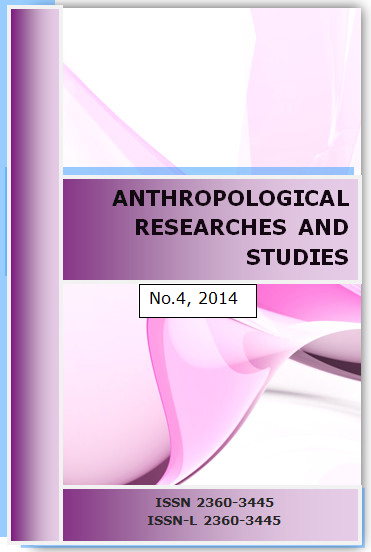Egalitatea de şanse şi destructurarea familiei contemporane
Equal opportunities and the deconstruction of the contemporary family
Author(s): Corina Bistriceanu PantelimonSubject(s): Social Sciences
Published by: Institutul de Antropologie ,,Francisc I. Rainer” al Academiei Române
Summary/Abstract: Based on social justice theories, sociological studies on equal opportunities have extended to the family area. The division of roles according to the sex and age structure is extremely important in order to render the functional dimension coherent to the structural dimension of the family group. Interactionism, along with conflictualism, redefine the family as a flexible, process-based entity, in which the roles and patterns of interaction are continually redesigned, depending on the interests and abilities of each member. The perspective proposed by the current discourse on equal opportunities has deconstructing consequences on the family division by gender and age, but also over the traditional forms of authority. Thus, changes appear in the distribution of roles and in status attributes with regard to the marital – husband-and-wife – dimension. Traditional forms of authority (such as that of man over woman) and the separation of activity areas have been replaced with egalitarian decision and interaction formulas, but also with the complete or at least partial overlapping of family activities. The generational – parents-and-children – dimension has also been affected. Parents’ authority over their children is mitigated by limiting the children’s real dependence on their parents and by each family's emotional focusing primarily on its children. The support of these changes is constituted by policies that promote women’s and children’s rights outside the family framework. The result is the weakening of the family’s integrative capacity and, as a consequence, the lessening of its relevance as a fundamental social institution.
Journal: Anthropological Researches and Studies
- Issue Year: 2014
- Issue No: 4
- Page Range: 82-88
- Page Count: 7
- Language: Romanian

